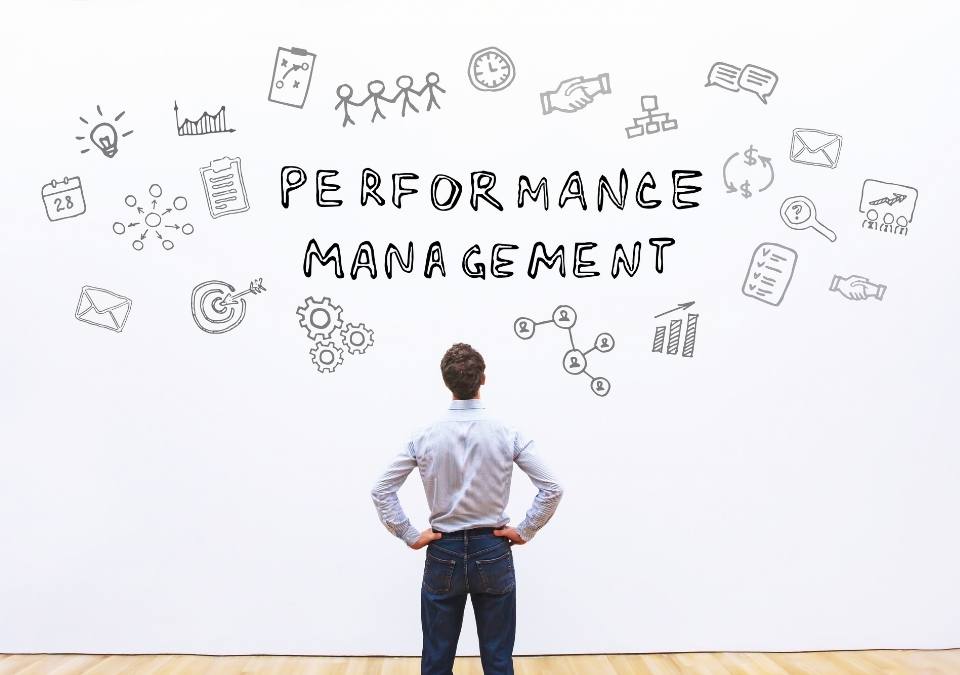I was asked by a small business owner the other day “How often should I be talking with my staff about their performance?”.
It got me thinking about performance management in small to medium-sized businesses and how it’s an important but frequently neglected area. Indeed, an effective performance management process is critical to several elements in our Success Through People© Model, particularly Setting Clear Expectations and Ensuring Accountability.
For those business owners or managers looking to get serious about performance management as a means to improving productivity, here are a few tips to get you started:
- Don’t give up your day job – While having a semi-formal or formal process in place to plan and reflect on performance a few times a year is great, it can’t be relied upon as the only mechanism for managing staff performance. Identifying and discussing instances of good performance, and opportunities for improvement, is something that need to happen every day and not be reserved for special occasions.
- It’s not just what you do… – There is often a temptation during performance discussions with staff to focus only on what they do (eg. generating sales, processing accounts, maintaining records etc…), rather than how they do things (eg. levels of customer service, work quality, interaction with others in the team etc…). At the end of the day, both what your staff do and how they do it needs to be a part of performance management discussions – it’s no use having a person whose great at making widgets if they provide lousy customer service or constantly disrupt others in the team – they need to receive this feedback and be clear of your expectations. If your business has clearly articulated values (which it should!), look for opportunities to also integrate them into your performance management process.
- It’s not just about feedback – While providing your staff with feedback is a key element of performance management processes, it should not be the only focus. Indeed, the discussions surrounding performance management also provide the ideal opportunity to prioritise and plan work for the coming review period, and discuss short and long-term staff development needs/preferences.
- It’s a two-way street – Just as the discussions that go along with performance management processes provide an ideal opportunity to provide feedback to staff, they also provide the perfect opportunity to seek feedback from staff. Ensure you and other supervisors/managers in the business take advantage of the opportunity to understand how staff are feeling about their role and the workplace, gather their ideas for improvements generally and also ask them how you can best support them.
- Collaborate and communicate – The old theory about people taking more ownership of things if they’ve had some input into its development is especially true for performance management. Depending on the nature of your business, look for opportunities to get some others involved in the development and initial implementation of your process. At the very least, ensure you spend some time telling people what it’s about, your objectives in doing it, what they can expect, and how/when it’s all going to happen.
- Ensure supervisors are capable – Don’t assume that everyone has the capability to effectively discuss performance with their staff. While it may be quite natural for some, it may be a new skill or just downright confronting for others, meaning that you just won’t achieve the outcomes you are probably hoping for. Be sure you understand the capabilities of your supervisors/managers and provide access to support/training if they need it.
- Link to outcomes – Make sure your performance management process “does something” and is not just a catch-up chat. In order for the process to contribute to improved performance, it needs to be clear that things happen as a result. It could be taking the opportunity to recognise and value the contributions of your good performers, it could result in the development of improvement plans for poor performers, it could help you prioritise staff training needs and/or it may link to remuneration reviews – whatever it is, it needs to be seen to be a valid process by staff and earn its stripes by making a real difference to your business.
- Do it! – Once you’ve made a commitment to develop and implement a performance management system, make sure it is followed through. Implement it consistently across the business, continue to look for opportunities to improve it, and be patient – it will take diligence and time to maximise the benefits.
So there you have it, a few tips to help you achieve Success Through People by developing and implementing an effective performance management process.

